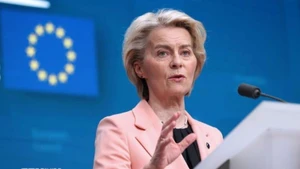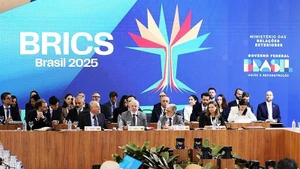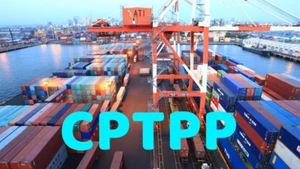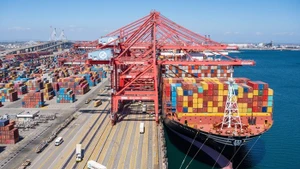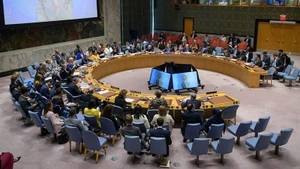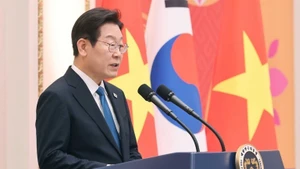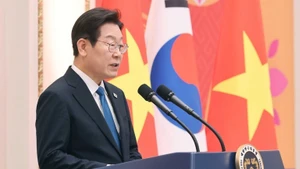The recent report on the United Nations’ State of Food Security and Nutrition estimated that about 733 million people, equivalent to about 9% of the world's population, faced hunger in 2023. Beset by many challenges, Africa is the most severely affected region with up to 20.4% of the population falling into this situation.
As one of the agencies that carried out the report, the Food and Agriculture Organisation of the United Nations (FAO) warned that if current trends continue, about 582 million people will be chronically undernourished in 2030, with half of them being in Africa.
These figures are evidence that the world is still far from achieving Sustainable Development Goal (SDG) 2, which is about creating a world free of hunger by 2030.
According to the UN report, around 2.8 billion people were unable to afford a healthy diet in 2022. This disparity is most pronounced in low-income countries, where 71.5% of the population cannot afford a healthy diet, compared to 6.3% in high-income countries.
The contrast is also evident in the mobilisation of financial resources to respond to hunger and malnutrition. Nearly two-thirds of low- and middle-income countries lack adequate financing options for food and nutrition, although they are vulnerable to economic shocks, conflicts, and extreme weather events.
In order to find solutions to this thorny issue, this year’s UN report has the theme “Financing to End Hunger, Food Insecurity and Malnutrition in All Its Forms.” Accordingly, the report’s recommendations emphasised investment in sustainable and innovative food systems that ensure affordable and accessible healthy diets for all.
It calls for increased and more cost-effective financing, with a clear and standardised definition of financing for food security and nutrition.
The UN also believes that policies, legislation and interventions to end hunger and ensure all people have access to safe, nutritious, and sufficient food and to end all forms of malnutrition need significant resource mobilisation. They are not only investments in the future, but our obligation.
Emphasising the importance of transforming agrifood systems, FAO is committed to supporting countries to eliminate hunger and ensure food security.
FAO will strengthen cooperation with partners, including the newly established Global Alliance against Hunger and Poverty, proposed by Brazil — which holds the Presidency of the G20 from 1 December 2023 to 30 November 2024.
FAO emphasises the need to accelerate joint efforts to build more efficient, inclusive, resilient, and sustainable agrifood systems that can better withstand future challenges for a better world.
We must use those gains as motivation to alleviate the suffering that millions of people around the world endure every day from hunger, food insecurity, unhealthy diets and malnutrition.
Dr. Tedros Adhanom Ghebreyesus, Director-General of the World Health Organisation
Dr. Tedros Adhanom Ghebreyesus, Director-General of the World Health Organisation (WHO), stressed that the progress on reducing stunting and improving exclusive breastfeeding shows that the challenges we face are not insurmountable. "We must use those gains as motivation to alleviate the suffering that millions of people around the world endure every day from hunger, food insecurity, unhealthy diets and malnutrition," he stated.
The World Food Programme (WFP) also affirmed its willingness to strengthen cooperation between countries to address the root causes of hunger and support sustainable development.
According to UN Secretary-General Antonio Guterres, finance is just one piece of the puzzle in transforming food systems, but it is an essential piece, critical to helping countries build and upgrade food systems at the pace and scale required.
While acknowledging that sustainable Development Goal 2 — the target of zero hunger in the world — is off track, he called for joint efforts to build the strong, resilient, and sustainable food and nutrition systems that all people need and deserve.


